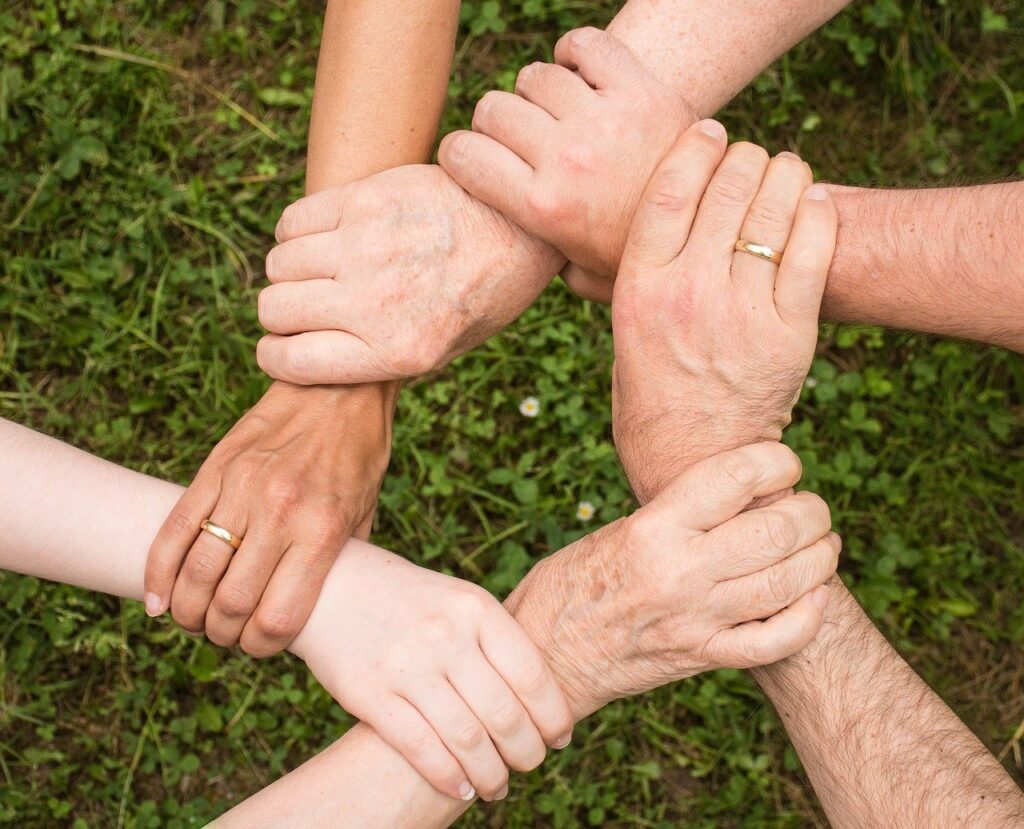Understanding Psychosis
-
An Introduction to Psychotic DisordersWhat is Psychosis?
-
Introduction to Psychosis and Treatment Options
-
The Signs & Symptoms of PsychosisThe Signs & Symptoms of Psychosis
-
Delusions3 Topics
-
Hallucinations1 Topic
-
Reacting to Psychotic Experiences
-
The Causes of PsychosisExploring the Causes of Psychosis
-
Diagnosing Psychotic DisordersThe Diagnosis of Schizophrenia
-
The Diagnosis of Schizoaffective Disorder5 Topics
-
Treatment for PsychosisTreatment Available for Psychosis5 Topics
-
What Are Antipsychotic Drugs?8 Topics
-
The Side Effects of Antipsychotics12 Topics
-
Neuromuscular Effects: Parkinsonism, Loss of Movement, Restlessness, and Muscle Spasms
-
Sexual Side Effects: Hormonal Changes and Physical Discomfort
-
Antimuscarinic or Anticholinergic Effects: Drowsiness, Dry Mouth, Blurred Vision, Constipation
-
Heart Rhythm Issues: Sudden Deaths and Impact on Heart Rhythm
-
Sedation - Embracing Tranquillity Amidst the Storm
-
Eye Problems: Blurred Vision, Granular Deposits, Retinal Degeneration, Glaucoma
-
Weight Gain and Metabolic Syndrome: Implications for Physical Health
-
Agranulocytosis and Other Physical Effects: Blood Disorders, Liver Disorders
-
Emotional Effects: Excitability, Aggression, Depression
-
Neuroleptic Malignant Syndrome (NMS): Symptoms and Treatment
-
Tardive Dyskinesia (TD): Abnormal Involuntary Movements
-
Tardive Psychosis: Unveiling the Shadows of the Mind
-
Neuromuscular Effects: Parkinsonism, Loss of Movement, Restlessness, and Muscle Spasms
-
Mental Health ServicesHospital Admission and Crisis Services
-
Community Care and Advocacy for Psychosis
-
Living with PsychosisOvercoming Psychotic Experiences
-
How Can I Help Myself During a Psychotic Episode?
-
What Can Family & Friends Do to Help?
-
Challenging Stereotypes and Stigma
What Can Family & Friends Do to Help?2mins

It may be difficult to communicate with a friend or relative who is having a psychotic experience and to understand their behaviour or what they are saying. But you may well be able to understand and sympathise with feelings, such as anxiety, that your friend or relative is going through. This doesn’t mean you have to confirm or deny their delusions. However, if you can accept their experiences, you can be more supportive, which can make their life easier and improve their sense of confidence in social situations.
Acknowledge when you can see the truth in what they say. For instance, someone who feels that people are talking about them behind their back may be quite correct. Worried friends and family may be doing just that.
Seeing someone you care about experiencing a psychotic episode can be distressing and even frightening. You may find it helpful to discuss your feelings and concerns with someone else, such as a counsellor, or to join a support group.
If you feel their mental health is deteriorating rapidly, and there is no crisis provision (including an advance directive) or other resources available, then you can suggest that your friend or relative seeks medical help from their GP, or the Duty Psychiatrist in a hospital Accident and Emergency unit. If the person doesn’t seek help and you believe they or others are at risk, the person’s nearest relative can ask for a mental health assessment to be carried out. Under the Mental Health Act 1983, it’s possible to be compulsorily detained in a hospital for further assessment and treatment, if necessary. You may wish to discuss the consequences of taking this action with other family members, first.
